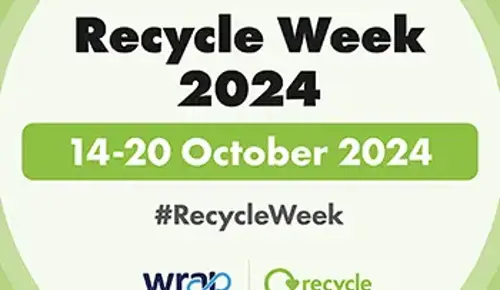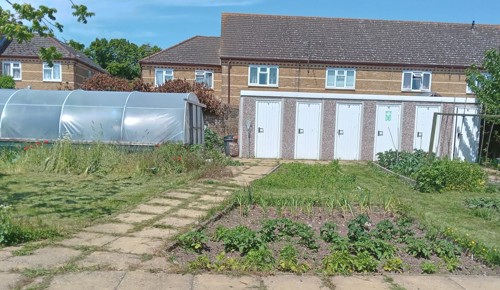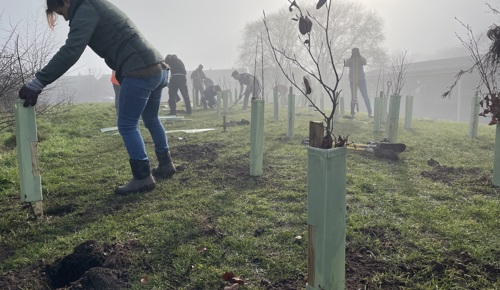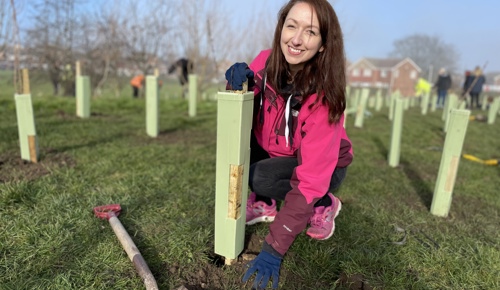It’s Earth Month and throughout April we will be looking into four key themes. We’re starting off with waste, so let’s jump in. Here are some facts on waste.
Did you know that the average person throws away a staggering 33kg of waste each month?
Did you know it costs taxpayers over £1 billion per year to clean up?
And that every year, we waste a shocking 6.7 million tonnes of food? These facts might surprise you, but they also highlight the urgent need for change to lessen our impact on the environment.
So, how can you make a difference in our daily routines? Let's discover some simple yet impactful ways to establish change:
Join the Great British Spring clean: The Great British Spring Clean is the nation’s biggest mass-action environmental campaign. So far this year volunteers have pledged to pick more than 400,000 bags of litter. If you’re interested in making a difference in your area, find how you can get involved below.
Reusable bottles: Using reusable water bottles and cups every day not only cuts down on waste, but also saves you money and reduces our carbon footprint.
Reusable bags Did you know there are over 5 trillion pieces of plastic in our oceans?
Purchase wisely: Opt for products with minimal packaging and always check labels for recyclability. Let's be mindful of what we buy and its impact on the environment. Soft plastic can’t generally be recycled at home, but these can be returned to supermarkets who have a responsibility to recycle.
Composting: Consider starting a compost bin for food scraps and garden waste. Not only does this divert waste from landfill, but it also enriches our gardens and reduces the need for chemical fertilisers. Click the link below to find out how to get started with home composting.
Avoid single-use items: Say no to single-use food containers, utensils, and straws whenever possible. Embracing reusable alternatives and reducing our reliance on disposable plastics is better for the environment.
Second-hand shopping: Before buying new, explore second-hand options. It's a budget-friendly and eco-conscious way to shop while supporting local charities.
Shop local and in bulk: Support local farmers markets and buy in bulk to minimise packaging waste. Remember to bring your own containers to reduce single-use packaging.
Reduce paper usage: Opt for digital alternatives for mail, receipts, and magazines whenever possible. Let's embrace technology to lessen our paper consumption.
Which of these changes do you think you can do? Let's challenge ourselves to adopt one or more of these practices to make a positive change for the environment to help protect our precious Earth for our children and grandchildren. To find out more about our plans for that future, check out our Environmental Sustainability Strategy.
Our news
All Articles



- 02 October 2025
- Sustainability
Community Roots: Second Green Flag Award for Community Allotment

















- 02 November 2023
- Sustainability
Our Climate Champions Shine Bright on the 2023 Climate Champion shortlist





